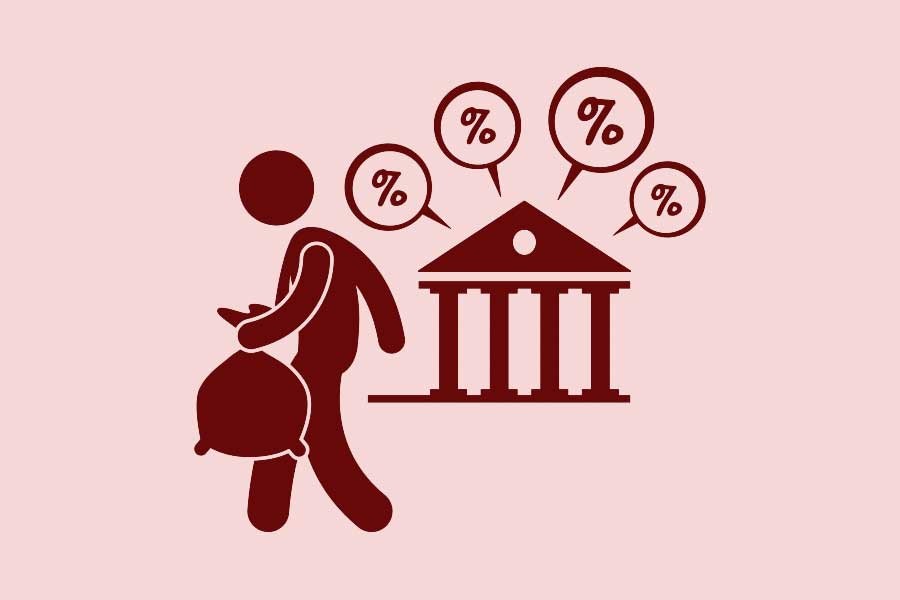As nations struggle with internal challenges ranging from downright corruption to misuse and mismanagement of resources one of the windows open may shut sooner than not.
Whether under-developed or developing countries continue in some form, shape and size to seek aid, loans and investments in cranking up mostly fragile economies. Old fashioned nationalistic and jingoistic rhetoric of self-reliance don't cut the cake anymore. Too many demands on the much cherished delicacy means fewer pieces left and an alarming shrinking in size due to dubious ingredients. Over dependence on exports and remittances in the blue sky of growth in better-off regions are becoming dodgy. The drive for self-reliance, driven by philosophical nicety isn't a solution. Again ingredients of self-reliance differ depending where the call is coming from. It's the balance that is crucial. Till the dust settles on the visible geo-political change, developing countries such as Bangladesh can only scratch their heads. When expenditure projections are double that of revenue, there's a tendency to look for soft-term loans. These are becoming increasingly difficult to come by, especially when a country has good macro economic indicators. Around the sun-continent there's despair. Pakistan needs US$6 billion just to stay afloat. Sri Lanka has reneged on $51 billion in debts. India's Gross Domestic Product (GDP) is in negative growth. Narendra Mod is too proud a leader to accept doles. Undoubtedly the approach will be for investment and manufacturing orders to crank up India's economy.
The shifting sands are ominous. Till the Russia-Ukraine conflict reaches some solution -none is clearly in sight, the squeeze in world energy and grain trade will be expensive and significant. Add to that Finland and Sweden's NATO aspirations and the conflict points towards escalation. If keeping Ukraine as a buffer of security was Vladimir Putin's objective, having NATO empowered Finland and Sweden stuck in Russia's tummy can't be of any comfort. Europe's vaunted unity is effectively in stress. Even with the defiance of Poland and Hungary, challenging the Union's overriding influence over domestic law, the two were key factors in standing up to Russia's roubles for dollars strategy. With Boris Johnson trying to rewrite a key part of Brexit agreement, a border or not between Northern Ireland and Ireland has led to public European Union (EU) structure. Sinn Féin's surprise success in Northern Ireland's polls is telling. The Irish want to be decisively heard. Even Jo Biden gas threatened to station an envoy there. Which doesn't say much about British sovereignty.
The United Kingdom's new policy on aid tapers down insistence of conflict resolution, climate change and global health. Apparently there will be greater focus on countries that have clear indicators of progress and a swing away from multilateral institutions. In short, fewer overtures to international donor organisations-that Bangladesh refers to as 'development partners'. The equation gets further convoluted given Maldives and Sri Lanka, both graduating to lower middle income status and falling flat on their faces. Foreign Minister Abdul Momen cut a somewhat dirty figure when in Munich he pleaded for support from the United States and India to lukewarm response.
The cabinet has approved more than Tk 2.44 trillion development budget for next year. Funding sources, when disclosed will be of interest. Debt is already the highest in history. It's servicing will raise questions. Further debt may not be readily available. In such a situation, falling back on fast declining remittances could be a dangerous venture. The tapping in for development projects was seen positively by Dr Atiar Rahman. Much water has flown under the bridge since then. Focusing on repatriation of billions siphoned off is no longer an option but a necessity. The Prime Minister has called for austerity. It's a magical word but has many manifestations beyond the remit of the browbeaten individual.


